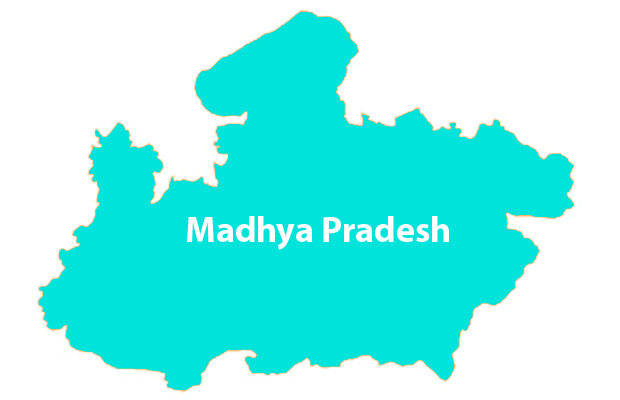
Madhya Pradesh is at a very crucial juncture where it has to focus on the future while living through the present
The word “migrant” in the term migrant workers is not only distressing but also exhibits the hard reality and high level of uncertainty of their lives. Lack of skills in these workers for the kind of opportunities that are available has been a primary concern. It has not only created but has significantly increased the gap between work and the worker.
Irudaya Rajan, one of India’s leading experts in population studies, says: “The one thing that the 2008 global economic crisis taught us was that jobs matter.” As India is battling CoVid-19 and the widespread economic havoc caused by the outbreak, issues related to migrant workers remain to be addressed. Right from the movement to their respective villages, to generation of work opportunities for them post the lockdown, are some of the big challenges that have emerged.
The Government of Madhya Pradesh, under the leadership of Chief Minister Shivraj Singh Chauhan, has become one of the first States to address the post-lockdown challenges with respect to migrant workers. He launched the Shram Siddhi Abhiyan on a virtual platform while interacting with sarpanches and labourers from across the State. Under this scheme, the workers will be categorised into skilled and unskilled, depending upon which the State Government would provide job opportunities. Unskilled workers would be provided with job opportunities under MNREGA whereas skilled labourers would be provided with work according to their ability. Elaborating upon the meaning of the word, sarpanch, Chauhan said, “‘Sa’ means samandarshi (impartial), ‘ra’ means ratna (gem), ‘pa’ means hardworking and ‘ch’ means watchman. The sarpanch plays an important role in protecting the village.” According to Chauhan, these local institutions and their representatives will play a major role in the effective execution of various policies of the scheme and in reaching out to the last man in the village.
The State Government has also decided to provide five months’ free ration to people who don’t have ration cards. This will not only help the poor people tackle present-day challenges but will significantly reduce the burden on supply in rural parts of the State, as the consumption in rural areas would increase with the rise in the number of returnees.
According to the 2011 census, 72.3 per cent of the State’s population is from rural areas. Therefore, the return of around five lakh migrant workers to the State would eventually increase the pressure on the rural economy, which is largely dependent on agriculture. The only way to ease this burden on the rural economy is by creating more jobs through increased investment opportunities in the State.
The State Government recently made 32 amendments in four State laws and 13 Central laws, which not only reduce the regular interference of Government officials but also create a healthy environment for investment in the private sector. Though a part of these reforms have been criticised by various trade unions and associations, the major focus should be on the output that would benefit the labourers as well. A reform does not necessarily mean complete scrapping of the law. Investment would help in creating more job opportunities in the State.
As per data, out of 22,809 gram panchayats in the State, MNREGA projects are going on in 22,695. So far 21,01,600 labourers have found employment. This is almost twice as compared to last year. Not only this, the State Government has also decided to restart the Sambhal Yojna, which was scrapped by the Congress-led Government.
This scheme primarily used to focus on workers employed in the informal sector but now it will be extended to migrant workers, too. Monetary help will be provided to the workers, right from the birth of a child to the death of a labourer. This not only highlights the proactive approach of the State Government in addressing futuristic challenges but also underlines the importance of social development for the deprived classes. Therefore, recent amendments to the labour laws and introduction of schemes like Shram Siddhi Abhiyan would collectively address the challenges faced by the migrant workers and unemployed population of the State in the post-CoVid phase.
Like the rest of the country, Madhya Pradesh, too, is at a very important juncture where it has to focus on the future and live through the present. So far, bringing the migrant workers home has proved to be one of the greatest efforts by the State Government. But the major challenge lies in effective implementation of policies. That depends on the systematic coordination between the executives and the locally-elected representatives. It would not only benefit the migrant and unemployed workers but also provide a sense of social security to them. Eventually, it would also revive the rural economy. As is often said, “The greatest opportunities lie in the most difficult challenge.”
(Writer: Rohit Kumar; Courtesy: The Pioneer)








 OpinionExpress.In
OpinionExpress.In















Comments (0)